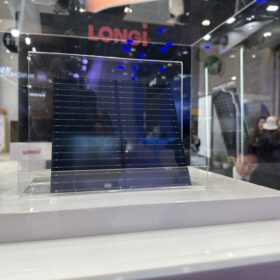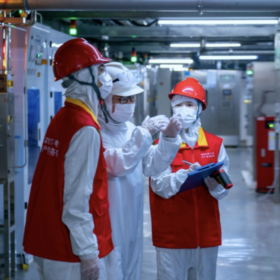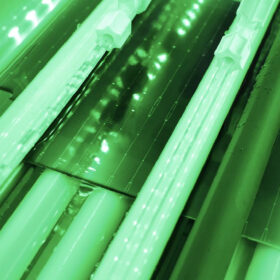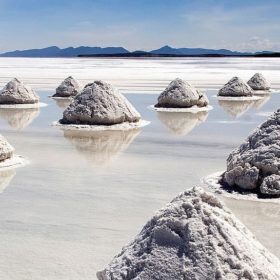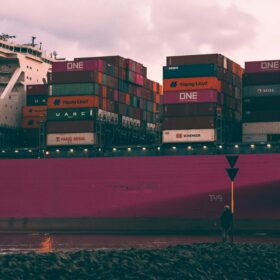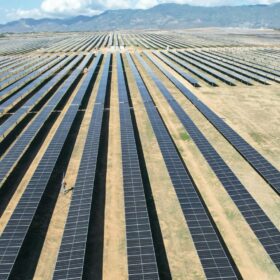Chinese PV Industry Brief: Longi issues net loss warning for 2024
Longi has issued a profit warning for 2024, forecasting a net loss of up to $1.11 billion – a sharp decline from last year’s profit of $1.42 billion.
China begins building first GW-scale residential VPP
China is building its first gigawatt-scale residential virtual power plant (VPP) in Jiangsu province. The project will connect millions of high-power household appliances to a cloud-based energy pool to improve grid stability and boost renewable energy use.
A copper-bottomed answer to solar’s silver dependence
The solar industry has dragged its heels on the issue of silver-dependence for cell metallization, but China’s Jiangsu Xianghuan Technology (JXTC) is moving into commercial production with a copper plating process that overcomes many of the challenges that have limited interest from cell manufacturers.
Bolivia’s YLB signs lithium deals with Russian, Chinese companies
The agreements provide for the installation of carbonate industrial plants in the department of Potosí, which will receive royalties and investments of around $2 billion.
China’s CGN New Energy announces winning bidders in 10 GWh BESS tender
CGN New Energy has selected seven winners from 50 bidders in its 10 GWh battery energy storage system (BESS) tender, with the lowest bid at CNY 0.458/Wh ($63/kWh).
US bans five Chinese PV firms under Uyghur Forced Labor Prevention Act
Under the Uyghur Forced Labor Prevention Act (UFLPA), the US authorities have banned five Chinese companies from providing products and services in the United States.
Solis releases three-phase string C&I inverters with fuseless design
The Chinese inverter said its new inverters have an MPPT current of up to 54 A and support more than a 150% DC/AC ratio. The new products also feature a maximum efficiency of 98.8% and a European efficiency rate of 98.3%.
A turning point for Algerian solar
Algeria has long limited the use of solar to villages in the Sahara, but two large-scale tenders for 3 GW of generation capacity are expected to change that. By including a local content clause, the North African nation aims to build an industry around renewable energy.
The Hydrogen Stream: TE H2 to secure land for 1 GW Chbika project in Morocco
Morocco and TE H2 have agreed to reserve land for the Chbika hydrogen project in Morocco. They aim to build 1 GW of solar and wind capacity to annually produce 200,000 tons of green ammonia for the European market.
Multiple designs of photovoltaic-thermal collectors
Scientists have modeled eight different kinds of PVT systems, some with a glass covers and some without. They found the worst efficiency was achieved in uncovered systems with parallel round tubes.
